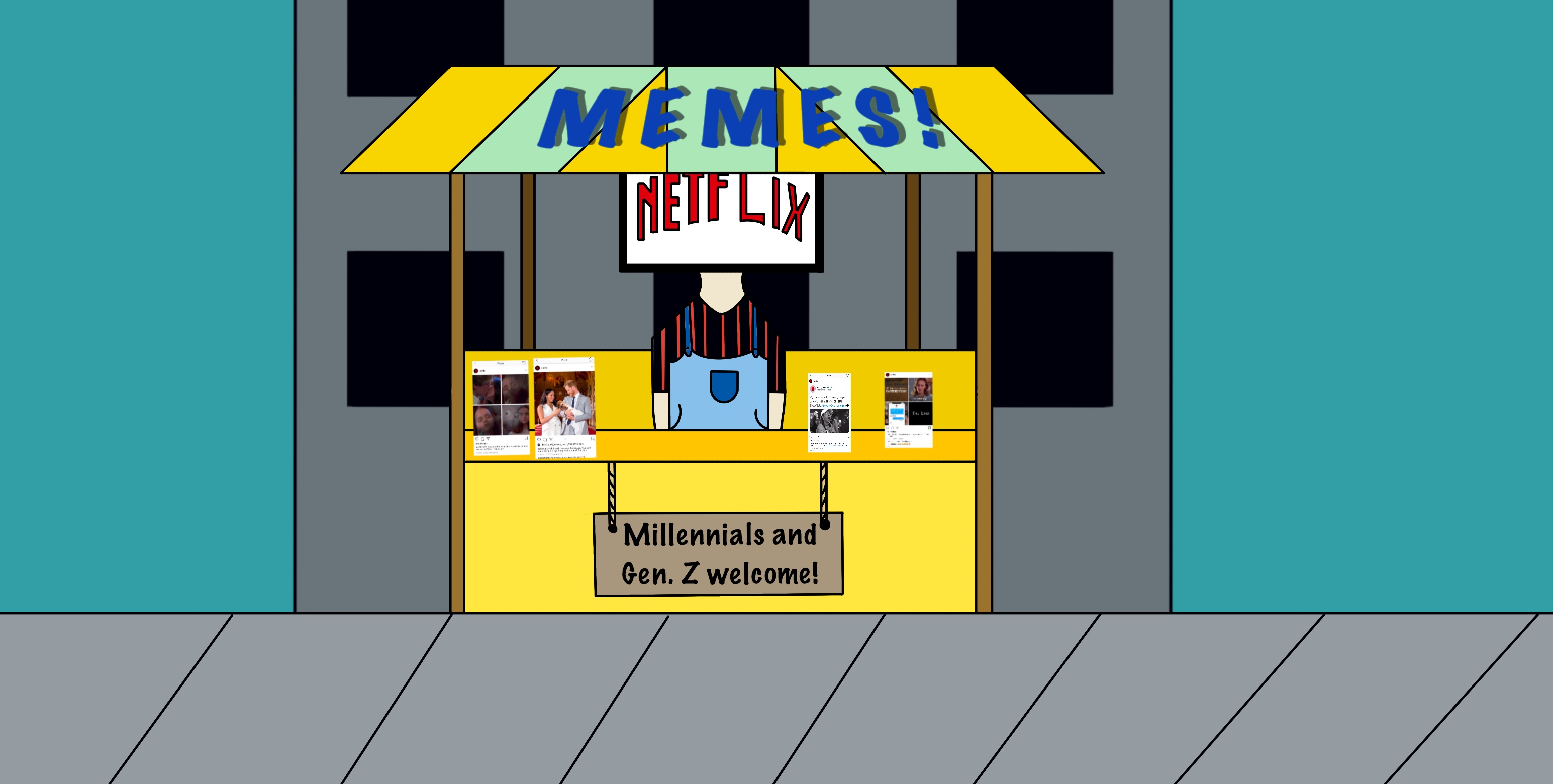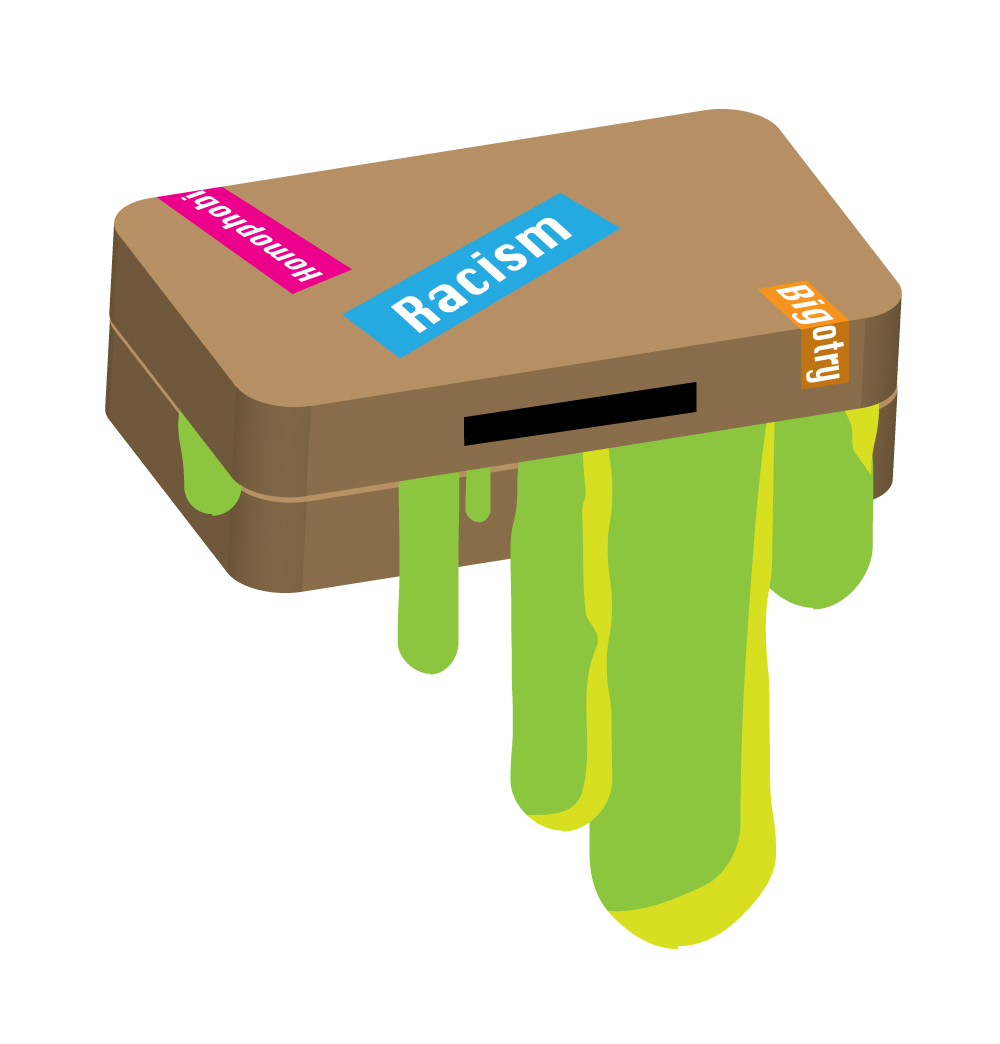The rise of social media has changed the way corporations interact with their customers. Though they may brand themselves as relatable individuals that “get you” and bank off “shit-posting,” they are not your friends.
Corporations have long contributed to unlivable minimum wages, immoral means of production, problematic leadership and an overall lack of empathy and care for their customers or employees. Social media has given these companies the platform to now amplify humorous elements of their business and disguise their problematic standing. The reality is that Twitter and other social media are geared not toward companies but toward real people. No amount of memes will erase the fact that they are not relatable individuals but a bunch of corporate executives who wouldn’t know what it was like to be one of us if it bit them in the ass.
Understandably, companies are desperate to tap into the elusive millennial demographic and have assumed that by being on Twitter they will find the secret path to the next generation of customers. Informing this thinking is the further assumption that adopting a snarky and hip tone is what’s needed to tap into a youthful market.
Earlier this year, Chase, which is under the branch of JP Morgan, tweeted a distasteful meme. In their attempt at being relatable and following trends it seems they may have forgotten how far they are from truly understanding the life of their consumers. This post insinuates that someone’s bank account is low because they buy coffee and go out to eat, when in all reality, a lot of people can’t afford to live for reasons out of their control.
The tweet is trying so hard to sound like a millennial despite coming from a bank that made $109 billion in revenue last year and received a $12 billion taxpayer bailout in 2008. In addition to this, they charge overdraft fees as high as $34 and paid billions in fines in part for foreclosing on customers’ homes by using defective or fraudulent documents.
In the article published by Vanity Fair, writer Bess Levin said among the worst things about Twitter “is that corporate brands feel the need to tweet in a voice they think will appeal to the youths.”
Before social media, a viral piece of content may have been a funny chain email or a video that was picked up by a few dozen news stations. Now, viral content has the ability to reach millions of people instantaneously, while allowing those users to interact with one another for everyone to see. In fact, viral content has become such a crucial success factor for many businesses that they invest large portions of their marketing budget toward creating content that gets passed around and shared.
Netflix is a great example of the weird ways in which companies interact on social media.
Currently the company has over 23 million likes on their Facebook page, 2.03 million Twitter followers on the U.S. account, around 1.7 million fans on their Instagram page and a constant presence on Reddit. Their instagram is filled with original memes of theirs or previously viral jokes now made in partnership with their content. Knowing your audience is a great skill to have as a company, but things got a little weird when these companies began to refer to themselves as one person. Netflix consists of numerous employees and executives, yet when they post content they always use first person.
There is no public knowledge of Netflix unfairly treating their employees, but that does not mean they are doing everything right. They market themselves to be so relatable, yet they don’t actually listen or seem to share the same thoughts as their consumers. Shows such as Sense8 and The Get Down were abruptly canceled by the streaming service despite multiple large profile campaigns to keep them around. In May of this year they are also raising their pricing to upwards of $16 that they claim is to fund original content—that no one asked for.
A less corporate example of this social issue is a classic American diner such as Denny’s that for some odd reason has over 900 million social impressions and 15 million engagements across various social media platforms in the last two years. Recently, their social media has taken on a new type of branding that consists of hopping on every humorous trend that crosses the internet. Their tweets may garner a laugh from some for either being genuinely funny or being outright ridiculous, but that won’t erase their discriminatory past.
For well over 20 years, Denny’s has been involved in a series of discrimination lawsuits involving servers denying or providing inferior service to minorities, especially Black customers.
In 1994, Denny’s settled a class action lawsuit filed by Black customers who had been refused service, forced to wait longer or pay more than white customers. The $54.4 million settlement was the largest to date under federal public-accommodations laws established thirty years earlier.
In 2013, a Black family was refused a table at the diner because a white customer felt “threatened.” In addition to this, in 2017, staff members at a Denny’s in Vancouver, Canada were accused of making an Indigenous woman pay for her meal before it was served. After the customer left, restaurant staff called police to report the incident, alleging that the patron had a sharp metal object in their pocket.
Instead of focusing on what relatable content they should chune out for the day, they should address their racist past and present and work on making a change instead of just brushing it under the rug or writing a check. Their half-assed efforts and wrongful praise for them is the result of focusing on what is trending and not your values.
Consumers want quality products, reasonable prices and moral means of producing those things, not memes. Distracting consumers with “relatable’ content does not take away from the fact that these corporations are often times corrupt and don’t have our best interest in mind.






